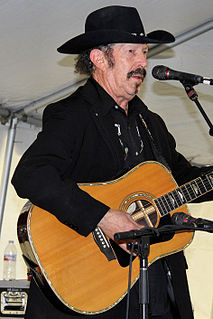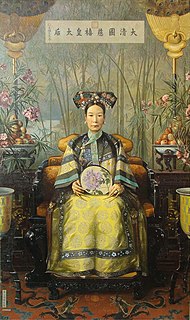A Quote by Josh Billings
In the whole history of the world there is but one thing that money cannot buy...to wit--the wag of a dog's tail.
Related Quotes
Our moral reasoning is plagued by two illusions. The first illusion can be called the wag-the-dog illusion: We believe that our own moral judgment (the dog) is driven by our own moral reasoning (the tail). The second illusion can be called the wag-theother-dog's-tail illusion: In a moral argument, we expect the successful rebuttal of an opponent's arguments to change the opponent's mind. Such a belief is like thinking that forcing a dog's tail to wag by moving it with your hand will make the dog happy.
She [Alice] went on "And how do you know that you're mad?" "To begin with," said the Cat, "a dog's not mad. You grant that?" "I suppose so," said Alice. "Well, then," the Cat went on, "you see, a dog growls when it's angry, and wags it's tail when it's pleased. Now I growl when I'm pleased, and wag my tail when I'm angry. Therefore I'm mad."
The social intuitionist model offers an explanation of why moral and political arguments are so frustrating: because moral reasons are the tail wagged by the intuitive dog. A dog’s tail wags to communicate. You can’t make a dog happy by forcibly wagging its tail. And you can’t change people’s minds by utterly refuting their arguments.
































